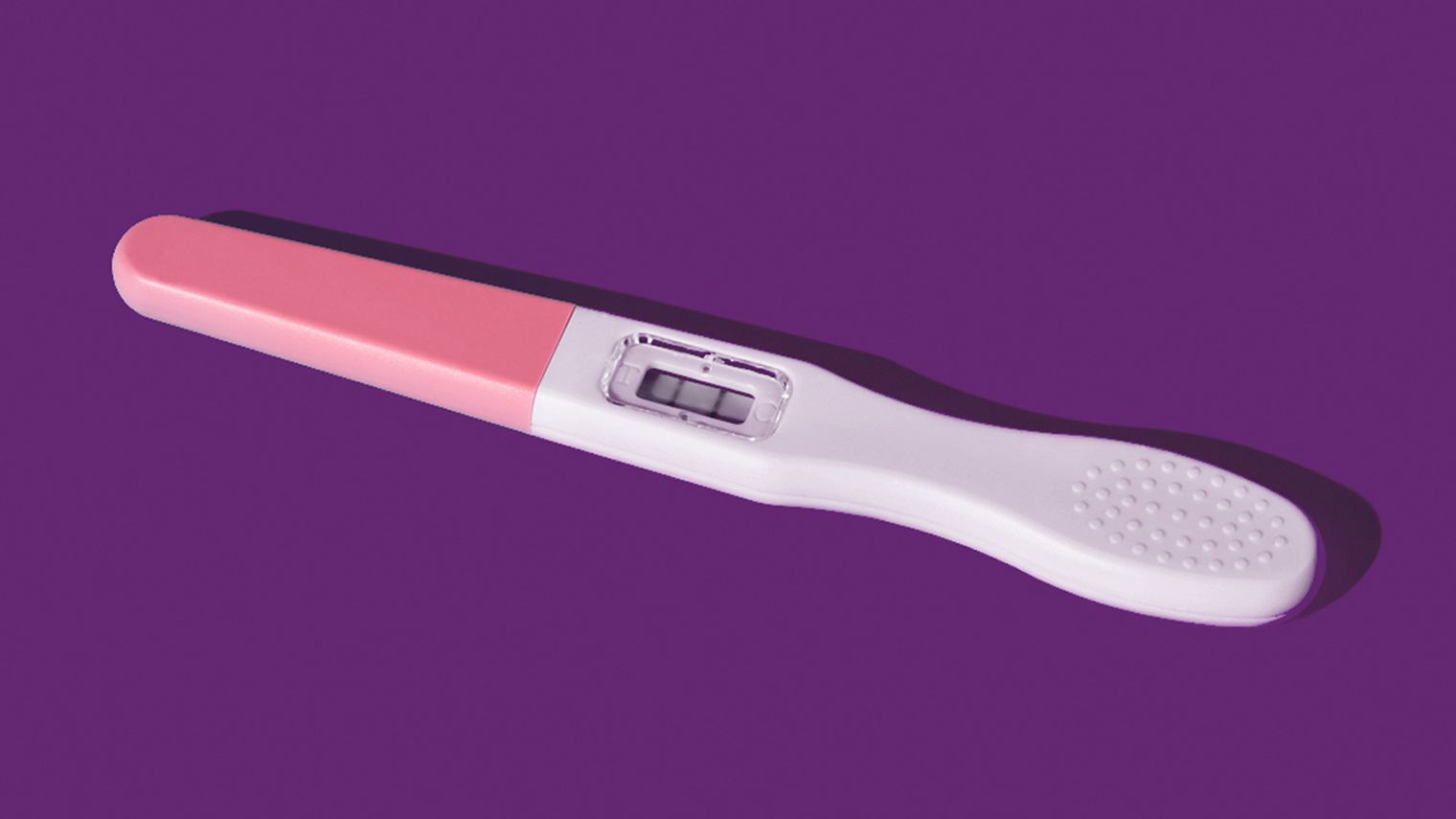Biologics and Building a Family: What You Should Know
February 13, 2023
Content created for the Bezzy community and sponsored by our partners. Learn More

Photography by Juan Moyano/Stocksy United
Having a baby is preparing for the great unknown — even if you’ve already had one. In the best of circumstances, you’re faced with nervous excitement and questions like:
- How can I make room in my life for a baby?
- Where will the baby sleep?
- How will I feed the baby?
- Who will the baby look like?
- Do they really poop that much?
There are tons of questions and unknowns, and that’s without taking into consideration managing a chronic condition.
Factoring in managing psoriasis or psoriatic arthritis and your treatment plan adds a whole new layer to building a family beyond sorting out the logistics of adding another human to your family.
You may wonder if you can have a baby while continuing your current treatments or if pregnancy may make your psoriasis flare more. You may also need to consider the safety of certain medications like biologics.
Here we’ll break down what you need to know about biologics and building a family, including what the latest research says, which doctors you can speak with for more information, and how pregnancy can affect your symptoms and treatment.


Current research on safety
A 2019 report on the safety and effectiveness of immunosuppressants and biologics during pregnancy and breastfeeding showed some mixed findings. Certain biologics are listed as category B for pregnancy risk:
- infliximab (Remicade)
- adalimumab (Humira)
- etanercept (Enbrel)
- certolizumab (Cimzia)
This means that there haven’t been adequate studies in humans, but based on animal studies the FDA hasn’t found any evidence of risks to pregnant people or the fetus with these treatments.
A 2020 review notes that certolizumab pegol is the recommended first-line treatment during pregnancy for those with a medical need for biologics.
Other biologics should be discontinued prior to becoming pregnant, including secukinumab (Cosentyx), guselkumab (Tremfaya), and ustekinumab (Stelara).
For those who decide with their healthcare professional to continue biologics during pregnancy, your doctor should speak with you about whether the guidelines for use or risks change based on your trimester.
For example, as noted in the 2019 report above, infliximab does not cross the placenta during the first trimester but does during later trimesters. This exposure during the later second trimester and beyond may cause the baby to have fewer white blood cells, the part of the blood that plays a major part in fighting off viruses and infections for the first few months of life. Eventually, this resolves with no lasting effects on the baby’s health.
Because a baby exposed to infliximab during later pregnancy has fewer immune system-defending white blood cells, experts recommend delaying live-activated vaccines for between the first 6 months and first year of life or until the baby’s immune system is stronger.
Who to speak with for information
When you’re beginning to plan a pregnancy, you’ll probably need to speak with more than just a single doctor. You’ll want to include anyone who treats your psoriasis, as well as a doctor who can oversee your pregnancy and preconception planning. This can include:
- A dermatologist. The doctor primarily working with you on treating psoriasis can provide the best information on when to stop or switch medications when planning to become pregnant.
- An OB-GYN. An OB-GYN is likely up to date on what medications are considered safe for pregnancy and breastfeeding and can be a good resource for you if you have questions.
- Any prescribing doctor. If you have another health condition that you use biologics for, you should consider talking with the prescribing doctor to see how they want to proceed.
The importance of timing
Talking with a doctor about your plans to become pregnant before you start to try can help you make a plan for what your treatment and pregnancy may look like.
Speaking with a doctor early in your pregnancy planning or prior to pregnancy can help both of you plan better. A doctor may recommend you stop taking certain medications before you try to conceive or as soon as you know you’re pregnant.
A doctor can also make recommendations about what medications are safe for you to continue to take, including some biologics, and talk with you about risks versus benefits. The doctor may suggest switching medicines to more pregnancy-friendly ones or continuing with your current treatment.
It can take anywhere from several days or longer for medications to leave your system entirely. A doctor can help determine the best time to stop or change medications before you get ready to make a baby.
The possible impact of pregnancy on symptoms
Experts note the unpredictability of pregnancy.
While there’s a good chance your psoriasis symptoms may improve during pregnancy, they may remain the same. There are also a small number of people who may experience worsening symptoms during pregnancy.
No one really knows or can predict how pregnancy will or won’t affect your symptoms.
Possible impacts on breastfeeding
Psoriasis should not affect your ability to breastfeed your baby. But your doctor may recommend not using certain biologics or other medications during nursing that may transfer to the baby.
A person may also need to avoid using certain topicals around their breasts for the duration of breastfeeding or chestfeeding.
If you plan to nurse your baby, you should discuss your plans with a doctor. They may recommend alternatives or help you decide if the benefits outweigh the potential risks.
Medically reviewed on February 13, 2023
6 Sources


Like the story? React, bookmark, or share below:
Have thoughts or suggestions about this article? Email us at article-feedback@bezzy.com.
About the author